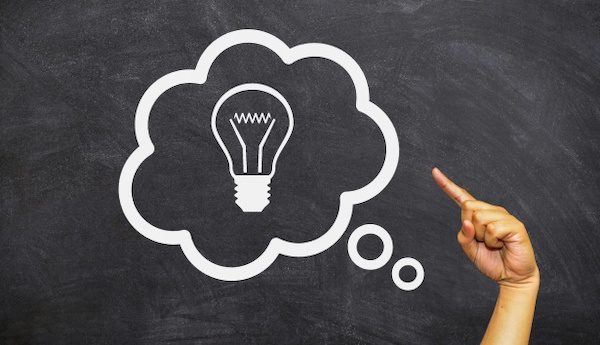February 11 is “National Inventors’ Day”, as proclaimed by President Ronald Reagan in 1983. Celebrating the birth of Thomas Edison, this day reminds us to reflect upon inventors, and how their ideas have changed the world around us.
Where would we be today without inventions? Whether they are ancient—like fire, the wheel, levers, or mathematics — or more modern like the printing press, the telephone, the light bulb, electricity, elevators, and computers — inventions change the way we live. Think about planes, trains, and automobiles … or pharmaceuticals and farming devices … or what about the comforts of a modern home: indoor plumbing, refrigerators, frozen food, dishwashers, heat and air conditioning, radio, and television. The point is: there was a time when these items did not exist: they had to be invented. Ideas had to be formulated, and then products created.
Today, when thinking of inventors, some mention Archimedes, da Vinci, Guttenberg, and Franklin. Others think in slightly more contemporary terms – and mention names like Alexander Graham Bell, Thomas Edison, Elisha Otis, Nikola Tesla, and Steve Jobs — names associated with the telephone, the light bulb, elevators, electricity, and the computer. One thing this second list has in common: these inventors all exhibited at tradeshows in order to promote their ideas.
Bell exhibited in Philadelphia in 1876 and in Paris in 1878. Edison, who was awarded 1,089 patents during his lifetime, first displayed his phonograph in Paris in 1878, and then light bulbs, movie projectors, and other products in multiple locations throughout Europe and the United States over the next fifty years. Otis exhibited in New York in 1854 and then four times in Paris between 1867 and 1900. Tesla and Westinghouse displayed alternating current at the Chicago Exposition in 1893, built a power plant at Niagara Falls, and then powered the Buffalo World’s Fair in 1901. One hundred years after Bell displayed in Philadelphia, Jobs exhibited down the road in Atlantic City, at the “Personal Computer Festival” in 1976. Throughout his professional life, Jobs, who had 679 patents, believed in the “Big Launch” at trade shows in order to introduce new products. His ideas and beliefs in trade shows worked: in 2020 Apple became the first US company to exceed a valuation of $2 trillion.
Without product awareness or some type of utilization, even a brilliant idea can become useless. In celebrating inventors, one should also celebrate tradeshows, because tradeshows bring inventions to life. So today let us celebrate all the past, current, and future inventors … and let us also recognize everyone who contributes to the success of a tradeshow.































